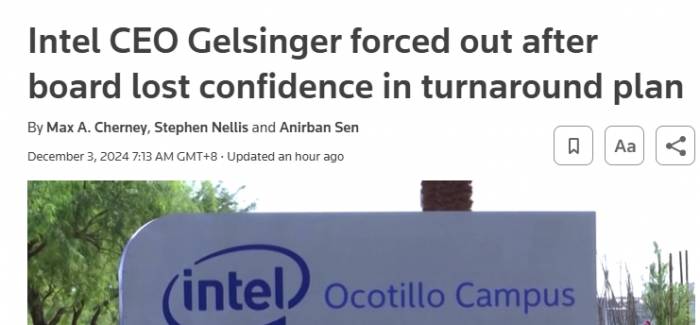Recent developments in the autonomous vehicle sector have stirred considerable excitement among tech enthusiasts and the automotive industry alike. Amidst increasing speculation surrounding Tesla's plans, reports have surfaced indicating that the renowned electric vehicle manufacturer is collaborating with Luminar, a company specializing in lidar technology, to integrate advanced self-driving capabilities in its Model Y. This announcement created ripples in the stock market, as Luminar's shares surged by over 15% in pre-market trading on Monday, although they ultimately settled down by 0.98% by the end of the day.
The market's sensitivity toward Tesla's potential utilization of onboard lidar for testing stems from recent incidents involving Tesla vehicles, prompting discussions regarding the safety and efficacy of their Full Self-Driving (FSD) system. Preliminary expectations indicated that Tesla's tests using lidar technology might primarily serve to enhance their existing camera-based FSD system. However, uncertainty remains as to whether this testing reflects a straightforward optimization of the FSD system or marks a genuine shift towards the integration of lidar technology. Clarity on this matter is keenly awaited from Tesla's official channels.
A pivotal factor in the growing interest in lidar technology is its distinct advantages over traditional sensors. Lidar, known for its high precision and rapid response capabilities, enables vehicles to accurately gauge distance and speed even while traveling at high velocities. This level of perception is deemed crucial for future autonomous driving, raising the stakes for manufacturers like Tesla to explore this technology further. Market forecasts predict that the global lidar market will surpass $10 billion by 2024, eventually reaching $13.54 billion in 2025, with a staggering compound annual growth rate of 64.65% from 2020 to 2025.
Despite Tesla's previous hesitations to embrace lidar, the entire industry, including players like Xpeng Motors, NIO, BMW, and Daimler, is trending towards the adoption of this cutting-edge technology. In a groundbreaking announcement from Xpeng Motors in April, the company declared its intention to unveil the world's first mass-produced vehicle featuring dual lidar systems in June. While they have expressed enthusiasm regarding their collaboration with lidar suppliers, specifics about these partnerships remain undisclosed for the time being.
Among the potential suppliers for these collaborations, Livox, an independent company birthed from DJI Innovations, has emerged with promising lidar solutions. Livox's equipment, priced competitively, boasts detection ranges exceeding 1000 meters, thus highlighting the feasibility and accessibility of advanced technology for electric vehicle manufacturers. Moreover, NIO's latest vehicle introduction at the beginning of the year has also employed high-precision lidar technology, further showcasing the market's embrace of this vital component.
As the landscape of lidar technology evolves, it is essential to recognize the key players that are steering the industry. Companies such as Junsheng Electronics have been active in forging strategic investments, such as their deal with Tudatong, aimed at supplying high-precision lidar systems for NIO's ET7 model. This collaboration aims to deepen their integration in lidar perception, V2X data fusion, and decision-making algorithms for autonomous vehicle controllers.
Recent updates from Tudatong revealed a significant funding round of $64 million aimed at scaling up production for electric vehicle giant NIO. This funding round attracted notable investments from Temasek, a state-owned investment firm in Singapore, as well as other venture capital firms. The cumulative funding raised by Tudatong has now surpassed $100 million, pointing to the robust demand for lidar technology in the EV sector.
Another prominent company, Wanji Technology, has established itself as a leading provider of lidar solutions within China. They have reported extensive applications of their products across cities and highways, showcasing their capabilities in traffic-based lidar systems and intelligent devices. Further inquiries into their operations have revealed substantial interest from various institutional investors, indicating that the sector is ripe with potential despite its nascent stage.
Road Rover has also taken strides in lidar research and application, although it acknowledges that its autonomous technology is not yet ready for widespread commercial deployment. Nonetheless, the company has emerged as a significant target for speculation amidst each round of hype surrounding lidar and autonomous driving.
Despite the promising developments surrounding lidar technology, it is crucial to acknowledge the nascent nature of this industry. Currently, there are few publicly listed companies in China's stock market specifically dedicated to lidar technology. The rapid pace of technological evolution constitutes both an opportunity and a risk for investors, as speculation remains high around the burgeoning sector. Caution is urged, particularly concerning the volatility associated with speculative trading in this space.






























Comments